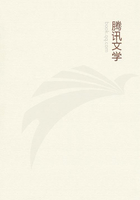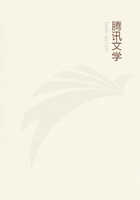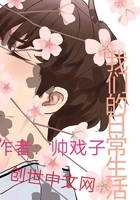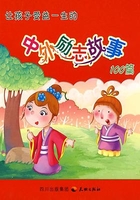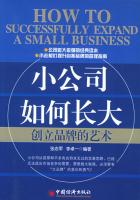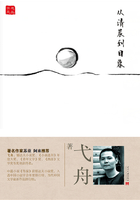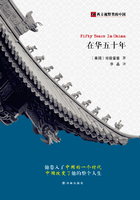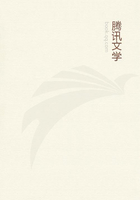1. DECEMBER AND JANUARY, 1835-36
In the long and intricately inwrought chain of circumstance which renders worthy of record some experiences of Cytherea Graye, Edward Springrove, and others, the first event directly influencing the issue was a Christmas visit.
In the above-mentioned year, 1835, Ambrose Graye, a young architect who had just begun the practice of his profession in the midland town of Hocbridge, to the north of Christminster, went to London to spend the Christmas holidays with a friend who lived in Bloomsbury.
They had gone up to Cambridge in the same year, and, after graduating together, Huntway, the friend, had taken orders.
Graye was handsome, frank, and gentle. He had a quality of thought which, exercised on homeliness, was humour; on nature, picturesqueness; on abstractions, poetry. Being, as a rule, broadcast, it was all three.
Of the wickedness of the world he was too forgetful. To discover evil in a new friend is to most people only an additional experience: to him it was ever a surprise.
While in London he became acquainted with a retired officer in the Navy named Bradleigh, who, with his wife and their daughter, lived in a street not far from Russell Square. Though they were in no more than comfortable circumstances, the captain's wife came of an ancient family whose genealogical tree was interlaced with some of the most illustrious and well-known in the kingdom.
The young lady, their daughter, seemed to Graye by far the most beautiful and queenly being he had ever beheld. She was about nineteen or twenty, and her name was Cytherea. In truth she was not so very unlike country girls of that type of beauty, except in one respect. She was perfect in her manner and bearing, and they were not. A mere distinguishing peculiarity, by catching the eye, is often read as the pervading characteristic, and she appeared to him no less than perfection throughout--transcending her rural rivals in very nature. Graye did a thing the blissfulness of which was only eclipsed by its hazardousness. He loved her at first sight.
His introductions had led him into contact with Cytherea and her parents two or three times on the first week of his arrival in London, and accident and a lover's contrivance brought them together as frequently the week following. The parents liked young Graye, and having few friends (for their equals in blood were their superiors in position), he was received on very generous terms. His passion for Cytherea grew not only strong, but ineffably exalted: she, without positively encouraging him, tacitly assented to his schemes for being near her. Her father and mother seemed to have lost all confidence in nobility of birth, without money to give effect to its presence, and looked upon the budding consequence of the young people's reciprocal glances with placidity, if not actual favour.
Graye's whole impassioned dream terminated in a sad and unaccountable episode. After passing through three weeks of sweet experience, he had arrived at the last stage--a kind of moral Gaza--before plunging into an emotional desert. The second week in January had come round, and it was necessary for the young architect to leave town.
Throughout his acquaintanceship with the lady of his heart there had been this marked peculiarity in her love: she had delighted in his presence as a sweetheart should do, yet from first to last she had repressed all recognition of the true nature of the thread which drew them together, blinding herself to its meaning and only natural tendency, and appearing to dread his announcement of them. The present seemed enough for her without cumulative hope: usually, even if love is in itself an end, it must be regarded as a beginning to be enjoyed.
In spite of evasions as an obstacle, and in consequence of them as a spur, he would put the matter off no longer. It was evening. He took her into a little conservatory on the landing, and there among the evergreens, by the light of a few tiny lamps, infinitely enhancing the freshness and beauty of the leaves, he made the declaration of a love as fresh and beautiful as they.
'My love--my darling, be my wife!'
She seemed like one just awakened. 'Ah--we must part now!' she faltered, in a voice of anguish. 'I will write to you.' She loosened her hand and rushed away.
In a wild fever Graye went home and watched for the next morning.
Who shall express his misery and wonder when a note containing these words was put into his hand?
'Good-bye; good-bye for ever. As recognized lovers something divides us eternally. Forgive me--I should have told you before; but your love was sweet! Never mention me.'
That very day, and as it seemed, to put an end to a painful condition of things, daughter and parents left London to pay off a promised visit to a relative in a western county. No message or letter of entreaty could wring from her any explanation. She begged him not to follow her, and the most bewildering point was that her father and mother appeared, from the tone of a letter Graye received from them, as vexed and sad as he at this sudden renunciation. One thing was plain: without admitting her reason as valid, they knew what that reason was, and did not intend to reveal it.
A week from that day Ambrose Graye left his friend Huntway's house and saw no more of the Love he mourned. From time to time his friend answered any inquiry Graye made by letter respecting her.
But very poor food to a lover is intelligence of a mistress filtered through a friend. Huntway could tell nothing definitely. He said he believed there had been some prior flirtation between Cytherea and her cousin, an officer of the line, two or three years before Graye met her, which had suddenly been terminated by the cousin's departure for India, and the young lady's travelling on the Continent with her parents the whole of the ensuing summer, on account of delicate health. Eventually Huntway said that circumstances had rendered Graye's attachment more hopeless still.

